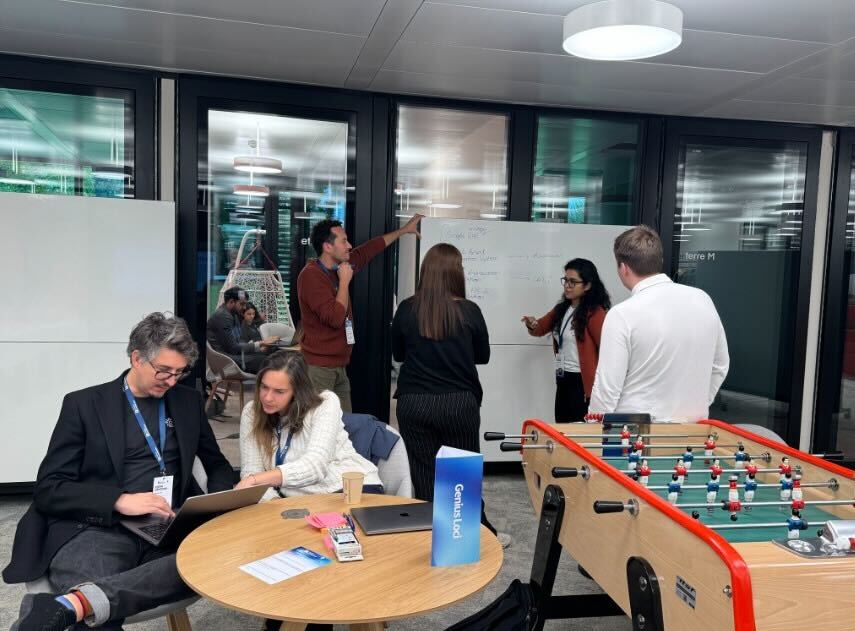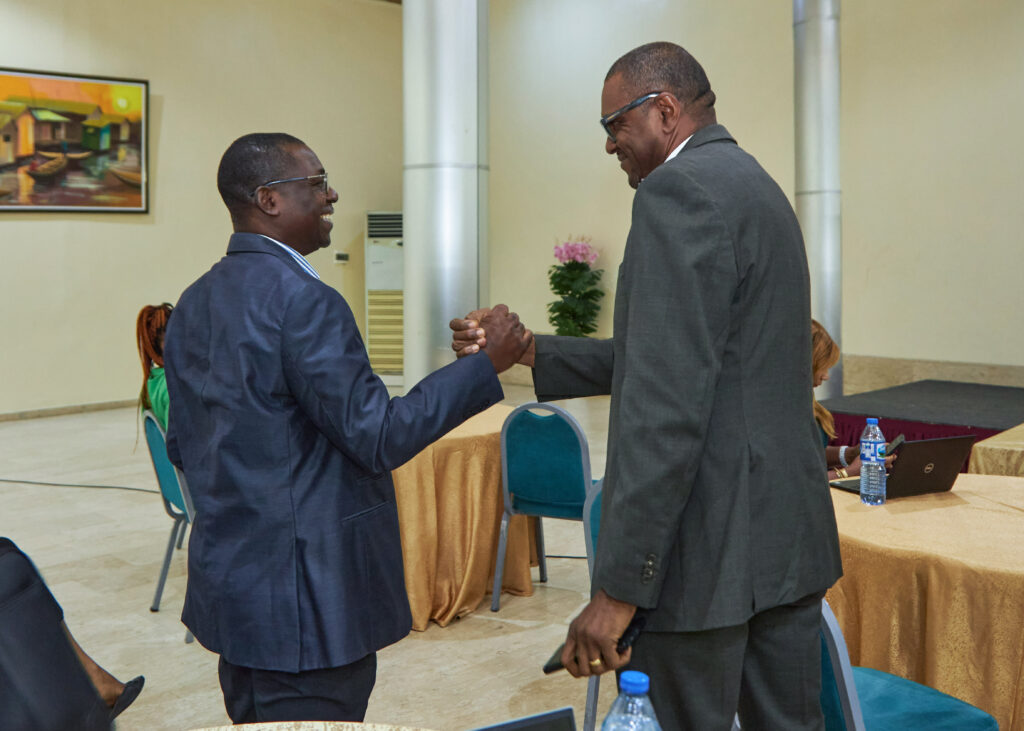
Dr Fidel Rubagumya, Clinical and Radiation Oncologist at Rwanda Military Hospital and recipient of $115,000 grant by the American Society of Clinical Oncology, discusses how best cancer care practices in Kigali can be applied throughout the country.
C/Can congratulates Dr Rubagumya on the Long-term International Fellowship (LIFe) grant from the ASCO Conquer Cancer Foundation, which provides early-career oncologists in low- to middle-income countries support and resources needed to advance their training by deepening their relationship with a mentor in the United States, Canada, or European Union.
Q: What does C/Can mean for the city of Kigali?
Dr Rubagumya: It’s helping to provide solutions to the many cancer challenges in Kigali. We had identified some, but we didn’t have the big picture, so when C/Can became involved, we tried to put all our needs regarding cancer control together in one package. C/Can means that the city now has a strategic plan for cancer control.
Q: How do patients benefit from the initiative? Could you give us an example?
Dr Rubagumya: C/Can is all about the patients: they must always be at the centre of what we are doing. Let me give you an example: I am working on a project to start chemotherapy infusion in one of our main hospitals in the city. The idea is to create a strategic plan on how to initiate cancer, you know, chemotherapy infusion at that big hospital, which will reduce the pressure on the Butare Cancer Centre, which is about 80 kilometres from Kigali, where people currently go for chemotherapy. This will also reduce the cost of transport and means patients will be able to stay close to their families for support.
Q: Would you recommend other cities join C/Can?
Dr Rubagumya: Certainly. Cities, and particularly capital cities, tend to have the infrastructure for cancer care, cancer control. So we have to start there. Without a strategic plan, like the one that C/Can has helped us create, we cannot really tackle cancer control in rural areas: we have to start in the cities.
Q: Tell us about your award.





